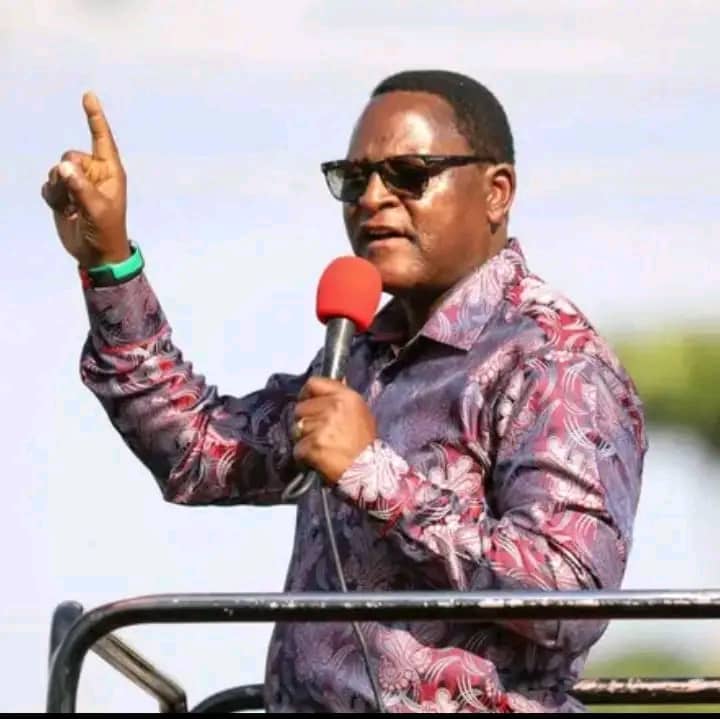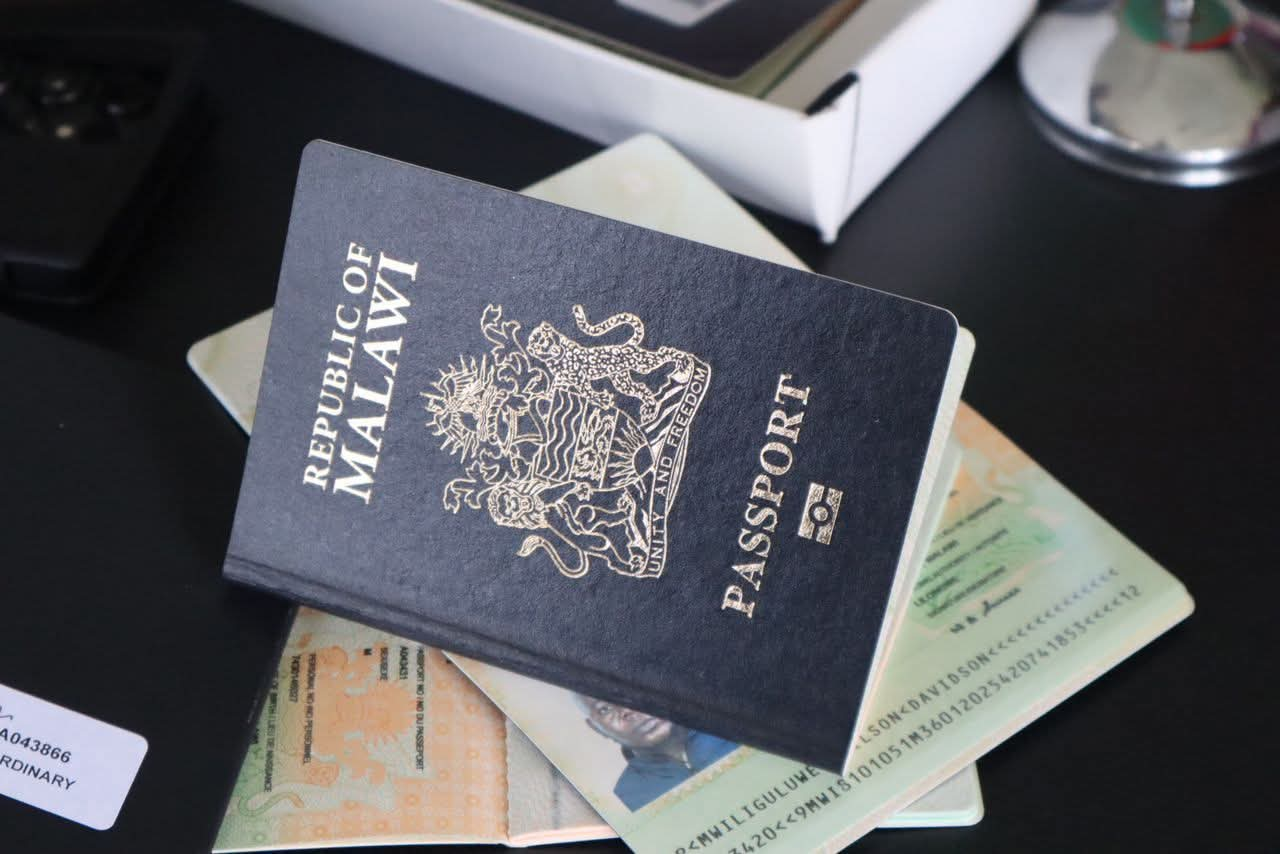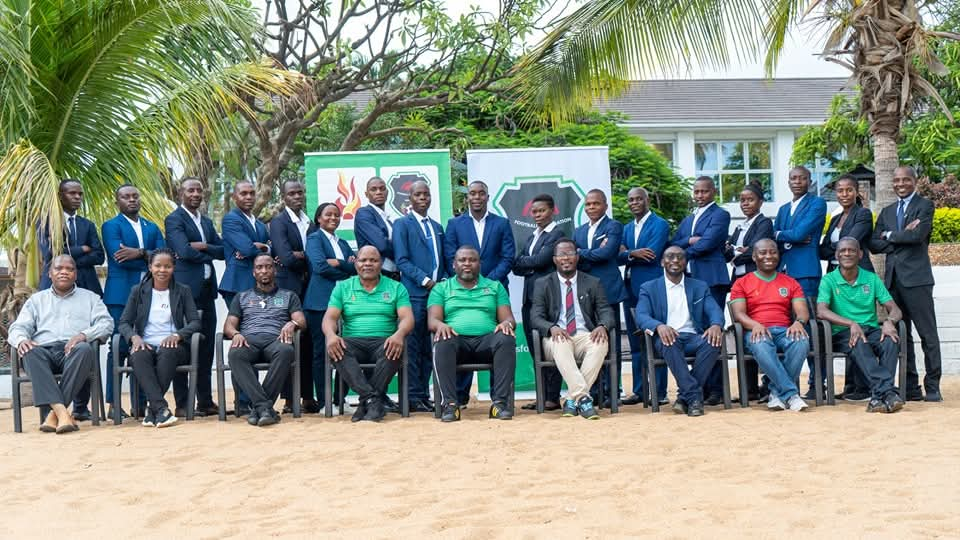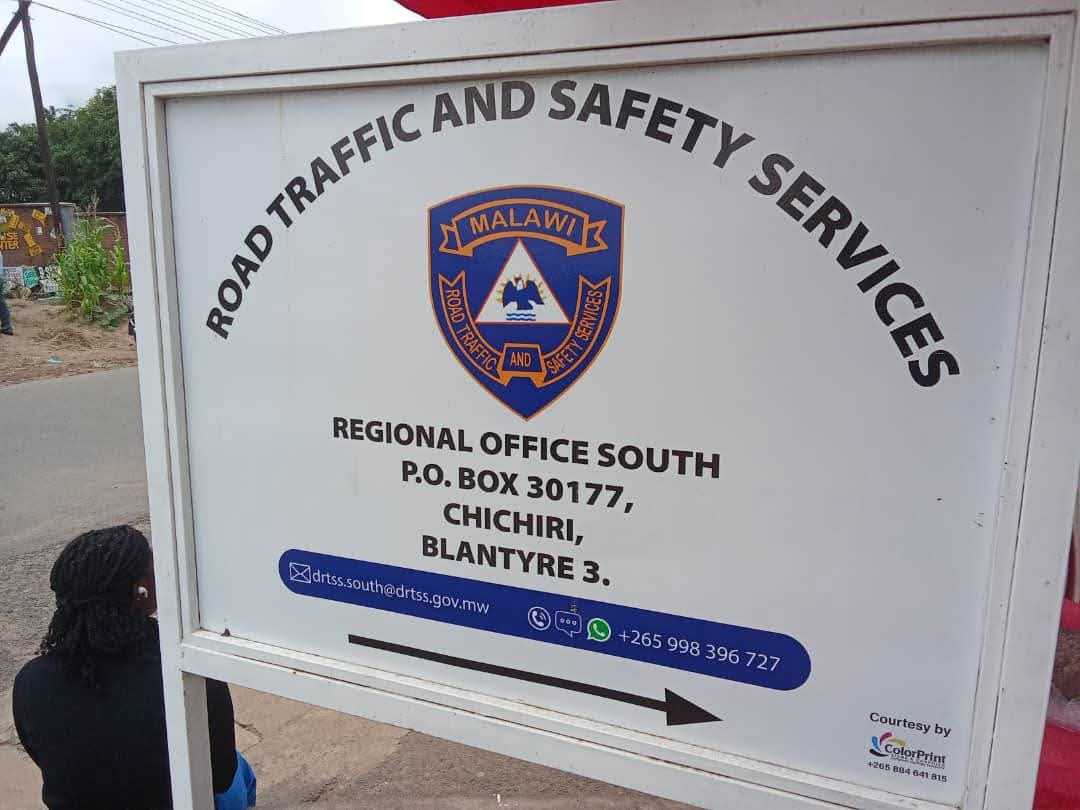By Burnett Munthali
Rick Dzida, a prominent political commentator and social analyst, has voiced strong criticisms of President Lazarus Chakwera’s leadership. Dzida, whose insights are often grounded in hard-hitting truths, appears to align with the views of fellow analysts, including myself, regarding the failure of the current administration. In this analysis, we will unpack Dzida’s concerns on Chakwera’s leadership and the implications for Malawi’s future.
One of the most glaring issues with President Chakwera’s leadership, as highlighted by Dzida, is the unfulfilled economic promises. During his campaign and nationwide tours, Chakwera made sweeping claims that his government would turn the country’s economy around. However, Dzida argues that after assuming office, Chakwera failed to deliver on these promises, and the situation today mirrors the economic struggles of the past.
Notably, Dzida points out the contradiction between Chakwera’s claims that the 2019 elections were rigged and the fact that the 2020 results were statistically similar. This inconsistency raises questions about the authenticity of the promises made and the credibility of the leadership.
Dzida, alongside others, points to the inefficiency in Chakwera’s cabinet appointments, which have been a significant failure of the administration. The selection of individuals for key positions like the Minister of Finance is particularly alarming. Dzida argues that positions of such responsibility require individuals with vast experience and the capacity to navigate complex financial matters. Instead, the appointment of figures such as Chithyola Banda has raised doubts about the administration’s ability to manage critical sectors like the economy.
Another issue Dzida brings up is the unrealistic nature of some of Chakwera’s promises, specifically his pledge to create one million jobs within a year. This ambitious but impractical target revealed a lack of foresight and a failure to understand the complexities of the nation’s job market. The promise not only failed to materialize but also highlighted a key weakness in Chakwera’s leadership – overpromising and underdelivering.
Equally important is Dzida’s criticism of Chakwera’s lavish spending, particularly his extensive global travel. In a country plagued by economic hardship, this excessive spending on international trips has only compounded the sense of frustration among ordinary citizens. Dzida claims that while the country struggles with basic needs, Chakwera’s focus on globe-trotting is misplaced and exacerbates the perception of a leader detached from the struggles of his people.
One of the most damning critiques Dzida has for Chakwera is the president’s failure to tackle corruption. Despite numerous scandals and reports of corruption within his administration, Chakwera has been accused of tolerating this behavior rather than taking meaningful action. Ironically, Dzida points out that Chakwera is among the top ten richest individuals in the country, a fact that raises eyebrows amid widespread poverty and economic decline.
Dzida’s analysis suggests that Chakwera’s inability to combat corruption is a significant reason behind the erosion of public trust. A failure to hold corrupt officials accountable undermines any efforts for economic recovery and good governance.
As we approach the 2025 general elections, Dzida offers a clear message: the solution to Malawi’s woes lies in the ballot box. He advises citizens to vote for competent leaders, rather than casting their votes based on tribal affiliations or promises of handouts. He stresses the need for leadership that prioritizes the country’s interests over personal gain.
Dzida’s advice to the public is simple but crucial – avoid being swayed by cash handouts that often accompany election periods. Such tactics may offer temporary relief, but they will not address the long-term issues of governance, economic recovery, and national progress.
In conclusion, Rick Dzida’s analysis of President Chakwera’s leadership paints a sobering picture of a government that has failed to meet its promises and expectations. From economic mismanagement and poor cabinet appointments to the toleration of corruption and overspending, Dzida’s critique serves as a wake-up call for Malawians. As the 2025 elections draw nearer, the responsibility to choose competent leaders rests firmly with the citizens, who must look beyond temporary relief and select those who can bring lasting change to Malawi.




